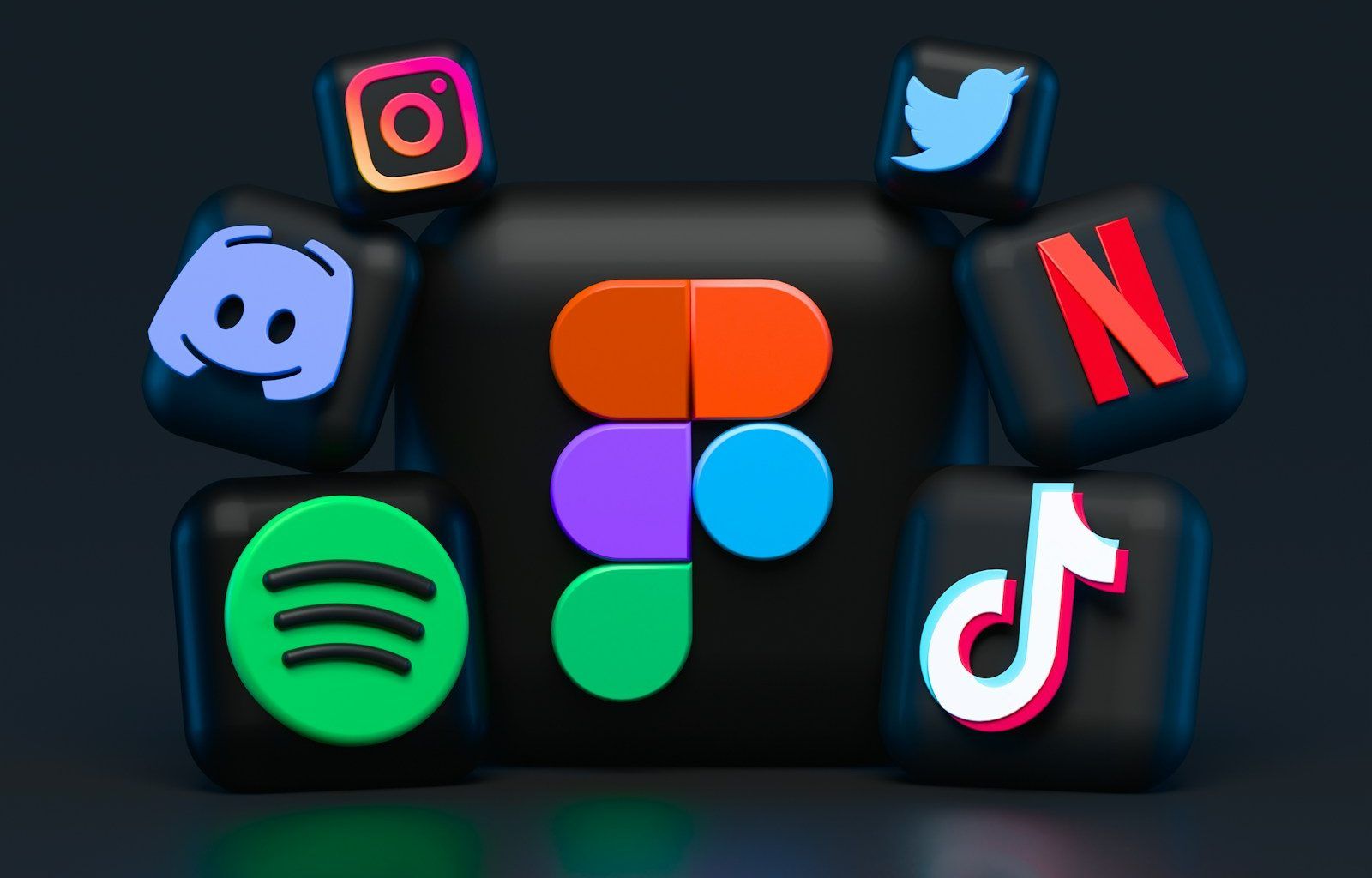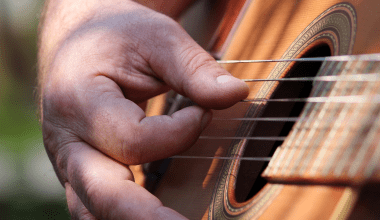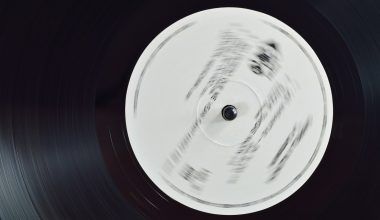If you’re an artist, Spotify royalties are the payments you earn whenever someone streams your music on Spotify. Sounds simple, right? But when you dive deeper, it’s easy to see why so many musicians find the process confusing. Let’s break it down in a way that makes sense.
When a listener plays your song on Spotify, a small fraction of Spotify’s revenue is allocated to you. However, the exact amount depends on various factors like the type of listener (free or premium), your music’s share of total streams, and the agreements with your distributor or record label.
Let’s start by answering the most common question musicians ask: How much does Spotify pay per stream?
How Much Does Spotify Pay Per Stream?
On average, Spotify pays between $0.003 and $0.005 per stream. Yes, that’s less than a penny per play. To put this into perspective, you’d need around 250 to 350 streams to earn $1. That’s not much, but the good news is that these numbers can add up over time.
However, the payout isn’t the same for every artist. Your earnings depend on factors like:
- Geography: Streams from premium users in wealthier countries generally pay more.
- Type of Listener: Premium users generate more revenue than free users.
- Total Streams: The more streams your music gets, the bigger your share of Spotify’s revenue pool.
- Agreements: Your deal with a record label or distributor affects how much you actually take home.
Understanding these factors can help you set realistic expectations about your Spotify royalties.
The Royalty Payment Process: From Stream to Your Pocket
Ever wonder how Spotify royalties go from a stream to your bank account? Here’s a simplified version of the process:
- Spotify’s Revenue Pool: Spotify generates revenue through ads (for free users) and subscription fees (from premium users).
- Revenue Allocation: A percentage of this revenue is set aside for artists, labels, and rights holders.
- Stream Share: Spotify calculates your share of the revenue based on how many streams your music earned compared to all streams on the platform.
- Payout Distribution: Spotify sends your royalties to your distributor or label, which then pays you according to your agreement.
This system means that your Spotify royalties are not just about how many streams you get, but also about how your streams compare to the total number of streams across Spotify.
Why Do Spotify Royalties Seem So Low?
Many artists feel frustrated by how little they earn from Spotify streams. But why are Spotify royalties so low?
One big reason is the sheer number of artists on the platform. Spotify hosts millions of songs, and every stream is competing for a share of the same revenue pool. Additionally, Spotify splits its revenue not just with artists but also with record labels, distributors, and other rights holders.
Another factor is the free-tier listeners. While Spotify’s ad revenue helps keep the platform free for millions, it doesn’t generate as much money as premium subscriptions. This means less revenue to go around.
But don’t lose hope just yet. There are ways to increase your earnings from Spotify royalties.
How to Maximize Your Spotify Royalties
1. Focus on Growing Your Audience
The more people listen to your music, the more royalties you’ll earn. Here are some practical tips to grow your audience:
- Share your music on social media platforms.
- Collaborate with other artists to reach new listeners.
- Add your songs to popular playlists.
- Encourage fans to follow your Spotify profile.
2. Pitch Your Songs to Spotify Playlists
Getting your music featured on Spotify playlists can significantly boost your streams. Start by submitting your tracks to Spotify’s editorial team through Spotify for Artists. You can also reach out to independent playlist curators to include your songs.
Since streams from premium users pay more, encouraging your fans to subscribe to Spotify Premium can indirectly increase your royalties. Highlight the benefits of premium accounts in your promotions.
4. Release Music Regularly
Spotify’s algorithm favors artists who release new music consistently. By keeping your catalog fresh, you’re more likely to appear in algorithmic playlists like Discover Weekly and Release Radar.
5. Choose the Right Distributor
Your distributor plays a big role in how much you earn from Spotify royalties. Look for one with fair terms and transparent payment processes. Some popular options include DistroKid, TuneCore, and CD Baby.
What About Other Streaming Platforms?
Spotify isn’t the only streaming service out there. Platforms like Apple Music, Amazon Music, and YouTube Music also pay royalties, and their rates may differ. To maximize your earnings, distribute your music across multiple platforms.
Here’s a quick comparison:
- Apple Music: Pays about $0.01 per stream, which is higher than Spotify.
- Amazon Music: Payout rates vary but are generally competitive with Spotify.
- YouTube Music: Offers ad-based revenue and subscription royalties.
By diversifying your presence, you can increase your overall streaming income.
The Role of Independent Artists in Shaping Spotify’s Future
Independent artists are changing the game on Spotify. With no label middleman, indie musicians often get to keep a larger share of their Spotify royalties. However, the challenge is standing out in a crowded market.
To succeed, focus on building a direct connection with your audience. Engage with fans on social media, host live streams, and create behind-the-scenes content to keep them invested in your music journey.
Wrapping It All Up
Spotify royalties might not make you rich overnight, but they’re an important part of an artist’s income. By understanding how royalties work and taking steps to grow your audience, you can make the most of what Spotify offers.
Remember, streaming is just one piece of the puzzle. Combine your Spotify royalties with other revenue streams like live performances, merchandise sales, and crowdfunding to create a sustainable income as a musician.
For further reading, explore these related articles:
For additional resources on music marketing and distribution, visit DMT Records Private Limited.






